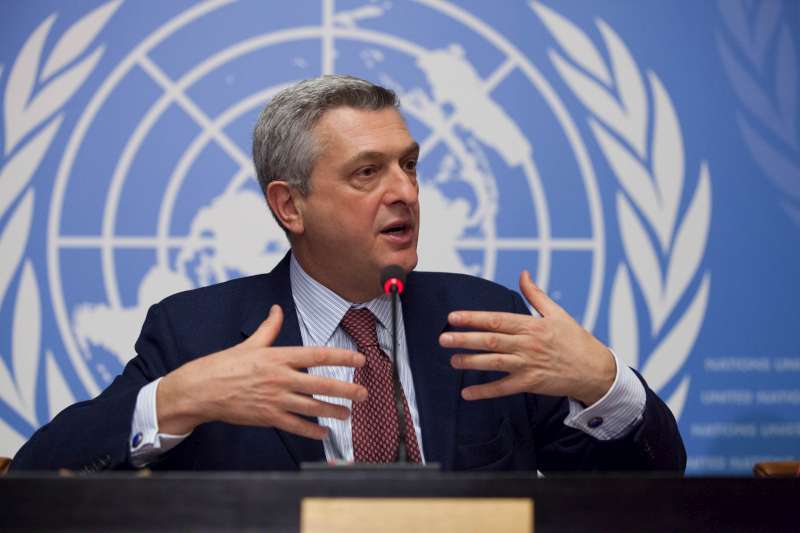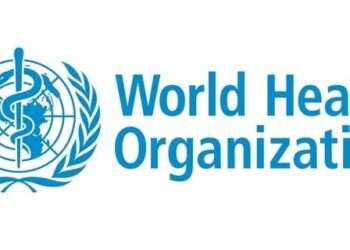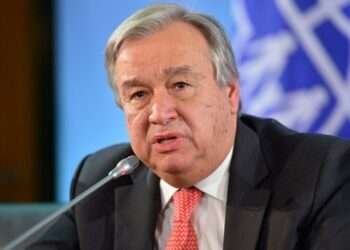The UN High Commissioner for Refugees, Filippo Grandi, has sounded the alarm over the worsening global displacement crisis, which has reached an unprecedented 123 million people worldwide.
With conflict zones in Lebanon and Sudan contributing significantly to the surge, Mr. Grandi has called for “urgent international support” to address the unfolding humanitarian disaster.
In a recent address to the Third Committee of the General Assembly, Grandi described the dire situation in Lebanon, where Israeli airstrikes have devastated civilian infrastructure, including schools, hospitals, and essential roads. “The humanitarian consequences are overwhelming and require urgent international support,” he declared, noting that 470,000 people have crossed into Syria within just a few weeks.
Sudan’s Crisis Worsens Amid Escalating Violence
The plight in Sudan also drew strong words from the UN official, who described the nation as being in a near-total state of collapse. The country, embroiled in conflict for 18 months, now has over 11 million displaced individuals. Grandi stated: “Conditions in Sudan defy description – wanton violence, sexual atrocities, starvation, floods, disease. We are witnessing in real time the collapse of a nation’s social infrastructure.”

Beyond immediate humanitarian relief, Grandi emphasized the need for a reimagined approach to global displacement. He voiced concerns over governments adopting restrictive policies centered solely on border control and even attempting to “outsource, externalize or suspend asylum.” Such measures, he argued, are ineffective and in violation of international legal commitments.
Calls for Comprehensive Global Solutions
Grandi urged world leaders to shift focus and consider “entire displacement routes” as part of a broader strategy. He proposed that countries should invest in resilience-building within vulnerable communities to help prevent climate-related displacement at the source.
“We must look for opportunities in countries of origin to strengthen the resilience of communities at risk of climate displacement,” he said, pressing for international collaboration. The High Commissioner further encouraged host nations to expand legal residency and regularization programs, facilitating access to vital services and employment for displaced people. “Creating pathways so people can move legally and safely” must be part of this global strategy, he stressed.
Grandi also outlined the significant funding challenges facing the UN Refugee Agency (UNHCR). Due to budget constraints, the agency has been forced to cut 1,000 positions and put essential life-saving operations on hold.
He admitted that “funding levels for 2025 and beyond remain uncertain, further jeopardizing our and host countries’ ability to respond to refugee and displacement crises in a predictable and flexible manner.”
International Solidarity Is Key
Ending his appeal, Grandi underscored the necessity for unwavering global unity and sustained assistance to support displaced populations. “We must be able to act – together – even in difficult times,” he concluded, urging Member States to reaffirm their commitment to displaced and stateless communities worldwide.
The call for comprehensive solutions is more pressing than ever, with the UN spotlighting the crucial need for international aid, proactive measures, and strengthened resilience efforts to manage a crisis that shows no signs of easing.
READ ALSO: Akufo-Addo Questions Mahama’s Economic Leadership, Urges Support for Bawumia























